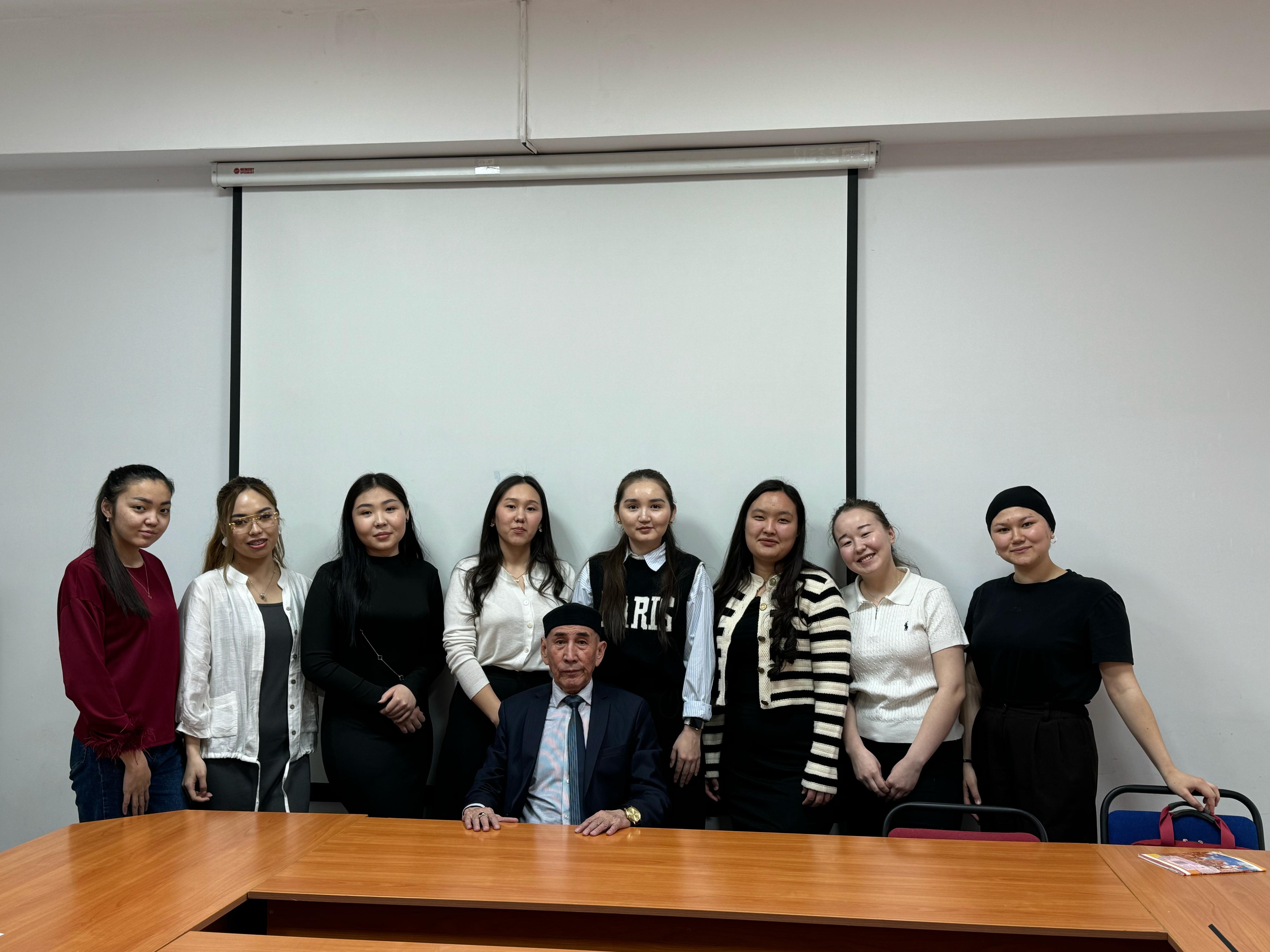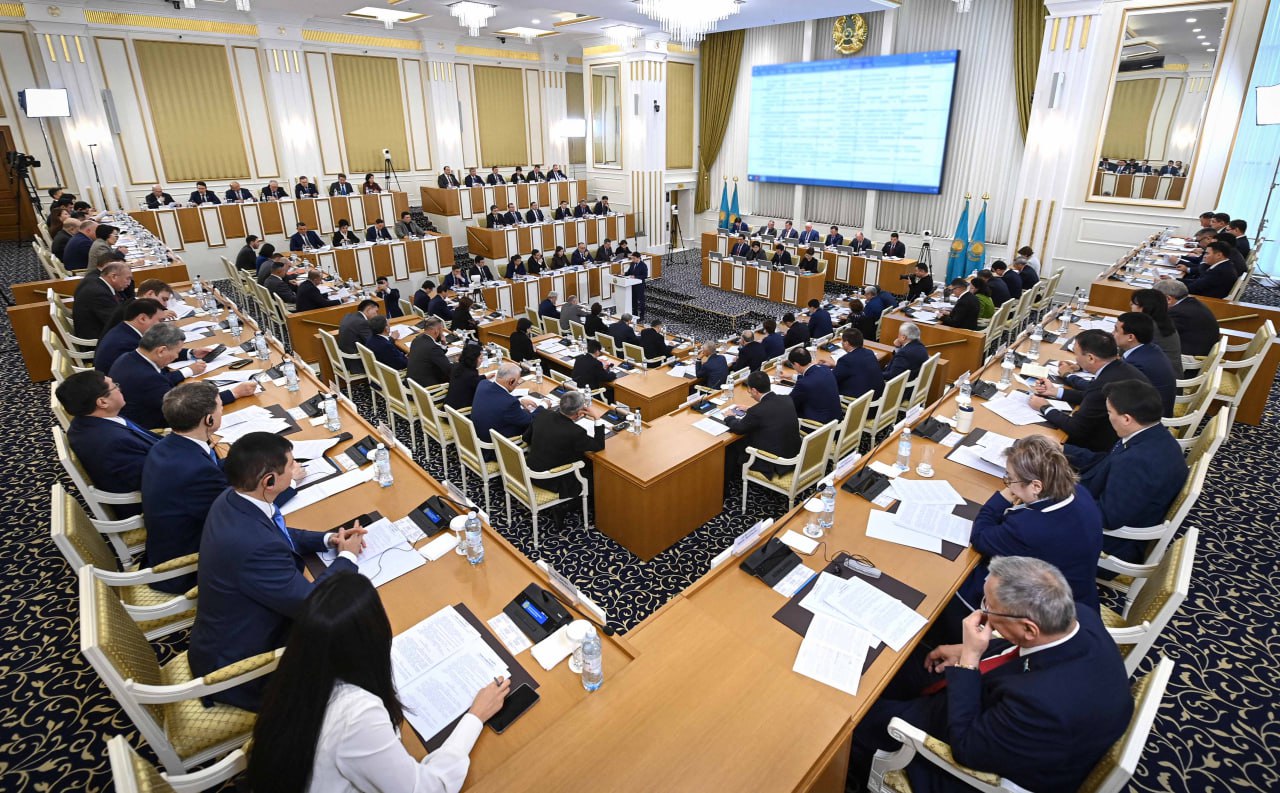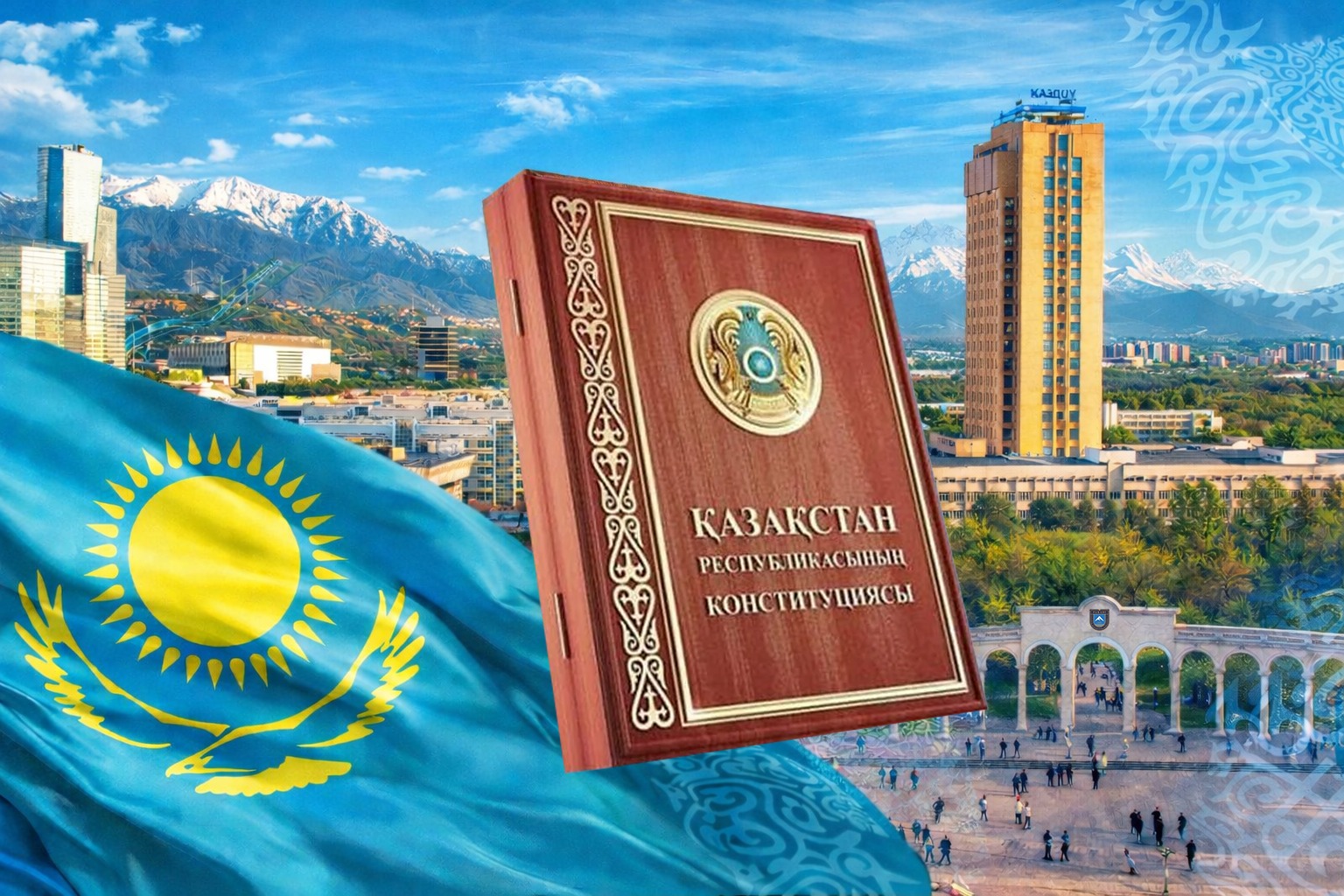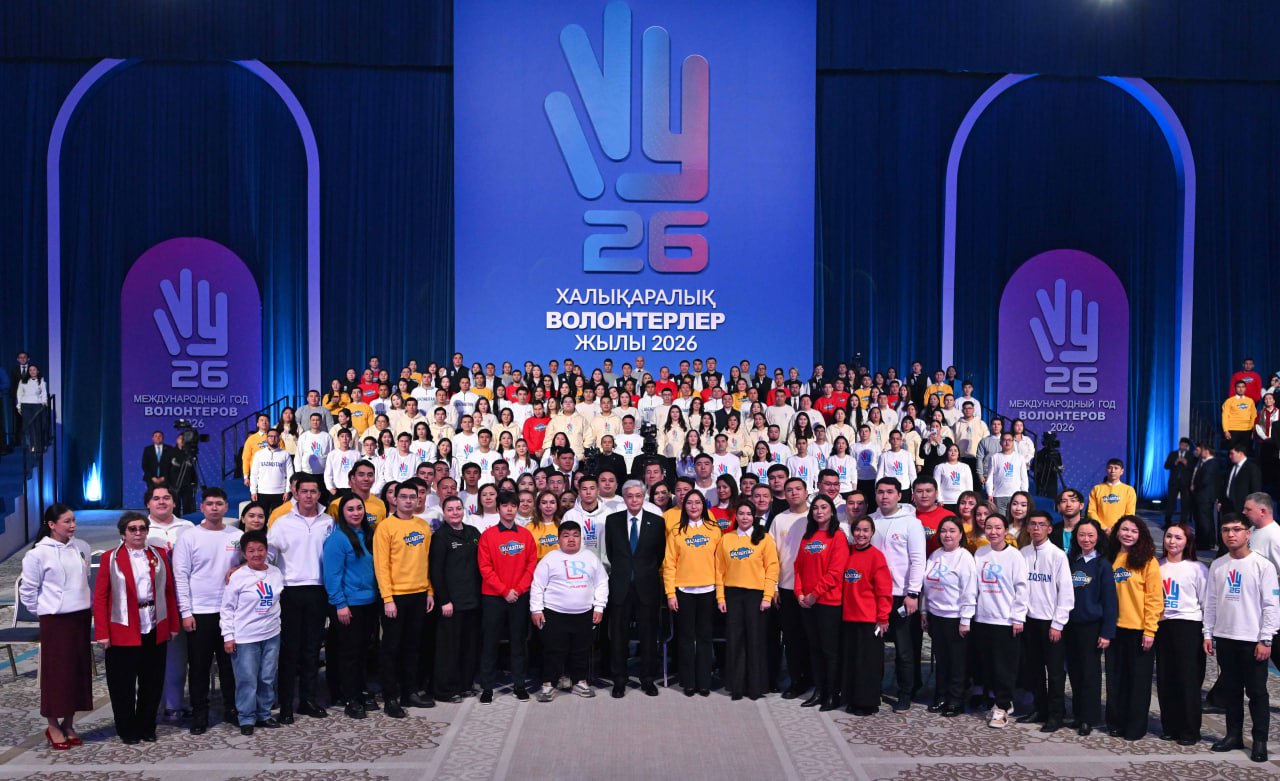- Main
- News
- SDG-4: A demonstration lecture and seminar on the topic: “Genre-Thematic and Ideological-Content Features of Literature in the First Half of the 20th Century”.
SDG-4: A demonstration lecture and seminar on the topic: “Genre-Thematic and Ideological-Content Features of Literature in the First Half of the 20th Century”.

On February 26, 2025, 4-SDG initiative “Quality Education,” a demonstration lecture on the topic: “Genre-Thematic and Ideological-Content Features of Literature in the First Half of the 20th Century” and a demonstration seminar on the topic: “The Uniqueness and Literary Pursuits of Literature in the 1920s–30s” were held at a high level at Al-Farabi Kazakh National University.
This event was organized by A.N. Abdilashim, the first-year master’s degree student majoring in “7M02313 – Kazakh Philology,” under the scientific and methodological supervision of Professor, Doctor of Philological Sciences O. Abdimanuly and Senior Lecturer, Doctor of Philological Sciences G.Zh. Bolatova from the Department of Kazakh Literature and Literary Theory of the Faculty of Philology, Associate Professor, Candidate of Pedagogical Sciences B.I. Imanbekova from the Department of Pedagogy and Educational Management, and Acting Professor, Candidate of Psychological Sciences N.S. Zhubanazarova from the Department of General and Applied Psychology.
During the lecture and the seminar, the development process of early 20th-century Kazakh literature, its ideological and artistic directions, the dynamics of genre formation, and thematic features were thoroughly examined. The role of prose works in literary history, the genre characteristics of novels and novellas, artistic and ideological explorations in poetry, and the issue of national ideas were deeply analyzed.
The master’s degree student skillfully combined traditional teaching methods with modern pedagogical technologies, effectively utilizing visual aids and multimedia resources. Furthermore, through interactive Q&A, text analysis, and small group tasks, the students’ interest in the subject was enhanced and they were encouraged to think creatively.
At the end of the seminar, the students successfully connected the historical and cultural context of early 20th-century Kazakh literature with contemporary national ideas, clearly demonstrating the relevance and significance of the topic. Their active participation, ability to analyze literature, and independent thinking during the session highlighted their development as future literary scholars.
This lecture and the seminar were an innovative experience aimed at deepening the understanding of national literature and were deemed a successful event aligned with SDG 4.


